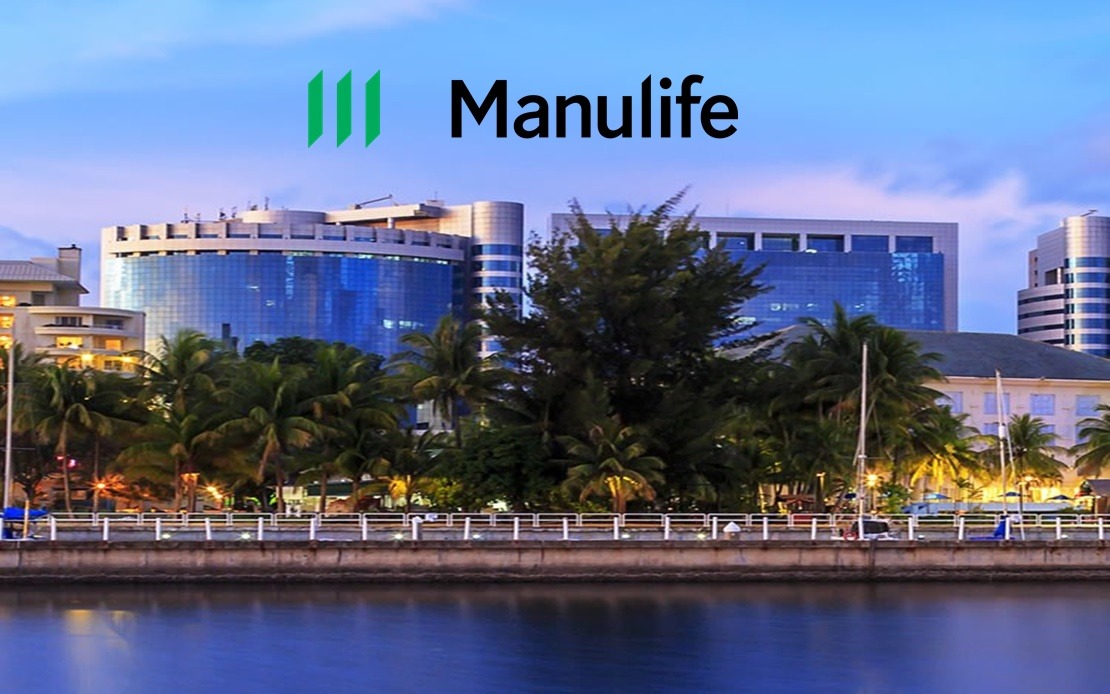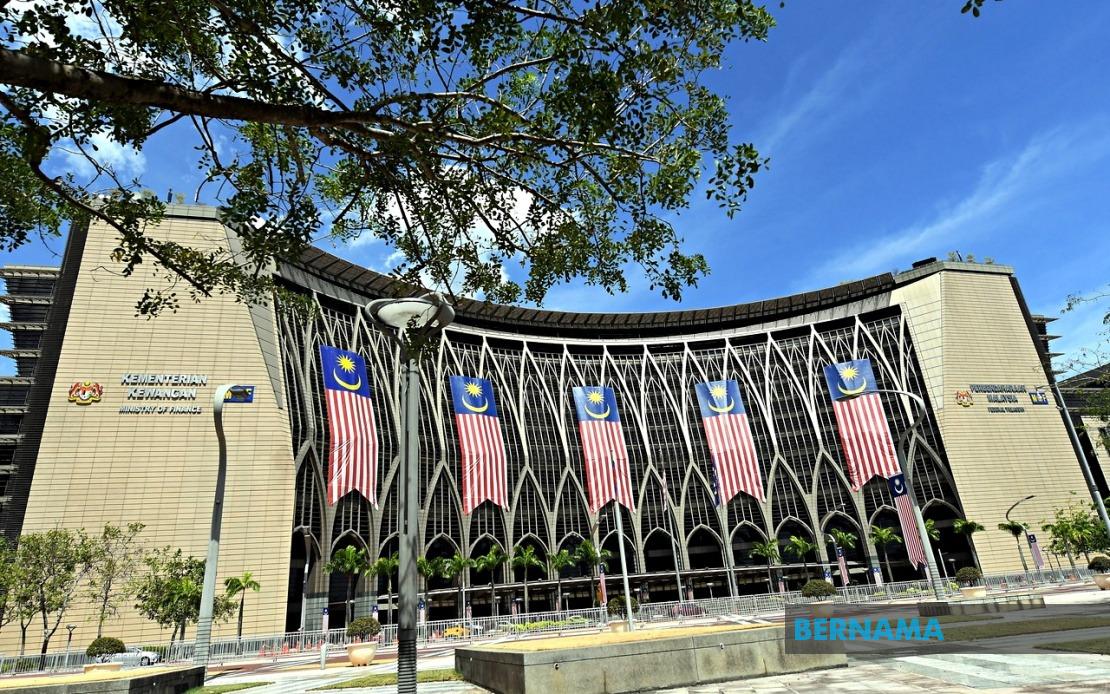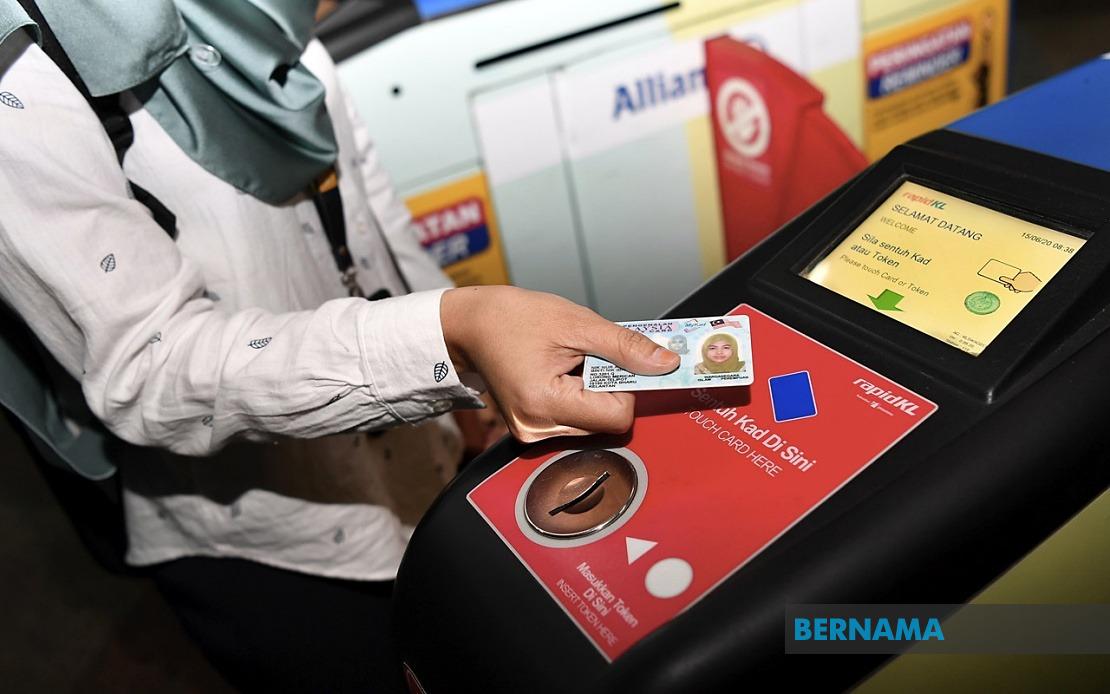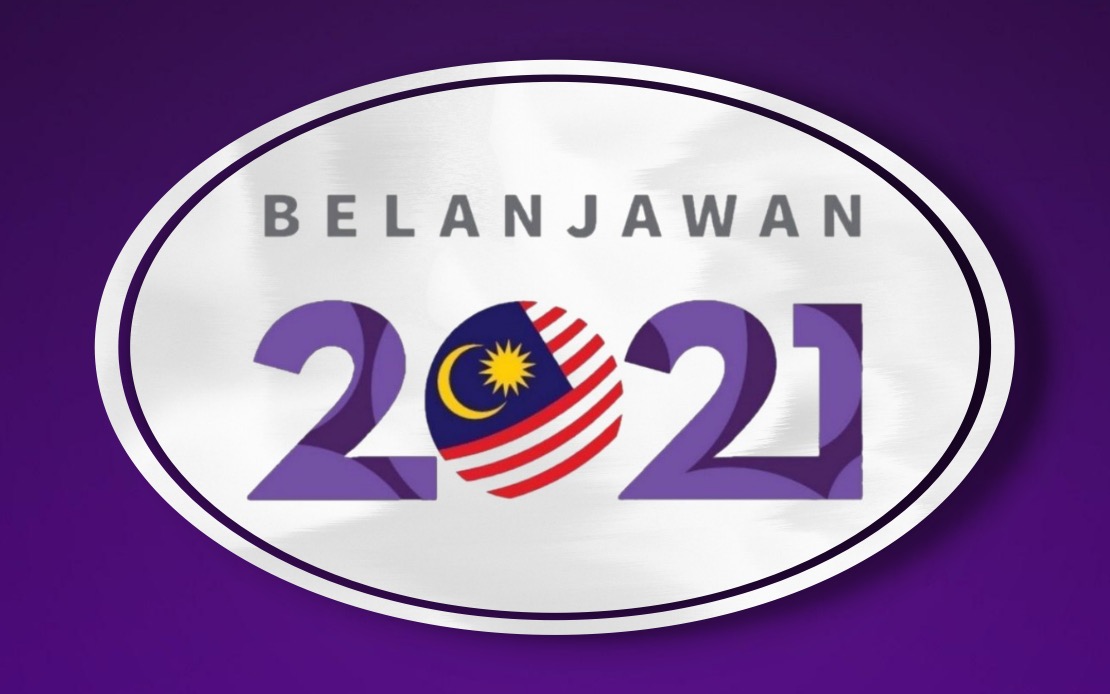NEWS
GST can stabilise, drive economy in tough times - experts
 Dr Mohd Afzanizam Abdul Rashid (Pix source: dailyexpress.com.my)
Dr Mohd Afzanizam Abdul Rashid (Pix source: dailyexpress.com.my)An exclusive report by Aishah Mohmad Afandi
KUALA LUMPUR, Oct 3 – The possible reintroduction of the Goods and Services Tax (GST) could be used as a stabilisation policy when the country’s economy faces strong headwinds, say experts.
Bank Islam Malaysia Bhd chief economist Dr Mohd Afzanizam Abdul Rashid said any effort including the possible reversal of the current tax system, the Sales and Services Tax (SST), to the GST in the future could buffer the downtrend impact.
He added that as the global economy faces a slowdown, an efficient tax system is needed to ensure the local economy can face the pressure.
Reducing dependency on oil revenue
“It would be good in terms of increasing the government’s revenue, as relying on oil revenue is risky as oil prices are constantly in a volatile situation,” he told Bernama.
At this juncture, Afzanizam said Petronas should increase its oil reserves, both domestic and overseas, hence a tax system that does not rely on oil revenue to cover the shortfall is much needed.
However, he emphasised the need to provide clear information in a transparent manner in order to avoid any misconception about the new economic policy currently being implemented.
Tax experts said with the current oil price hovering around US$55 to US$65 per barrel, the 2020 Budget should be drafted based on that price range to avoid over-dependency on Petronas’ reserves.
Since last year, benchmark Brent Crude had peaked at US$84 per barrel before sliding to US$53 per barrel in January, and hovering between US$55 to US$75 until today.
View of new tax from business perspective
Meanwhile, YYC Holdings Sdn Bhd CEO Datin Yap Shin Siang said it is undeniable that the GST is a more efficient system for businesses.
“This is because currently under the sales tax regime it becomes a cost to businesses, but under GST it is claimable as input tax.
“We also suggest several improvements in areas such as simplifying the tax codes and reporting system as well as speeding up the refund process,” she said.
Both Afzanizam and Yap agreed that the GST could start at a lower rate than the previous six per cent, possibly at three per cent.
Prime Minister Tun Dr Mahathir Mohamad said earlier today that the government might consider reviving the GST, which was abolished last year, and that it could be reintroduced at a lower rate to help boost government coffers.
“If that is what the people want, we will review it, if it is better than SST,” he said, adding that it might be too late to reinstate the tax in the 2020 Budget to be tabled this month. The GST was first introduced in April 2015 at six per cent before it was abolished and replaced with the SST on Sept 1, 2018.
Impact on equity market
From the equity perspective, analysts agree that although reintroducing the GST might cause uncertainty, this would be temporary as the GST is known as a more effective tax measure that has been implemented in various countries.
An analyst said that talk about the reimplementation of the GST has been around for a while now since the oil price has not gone above US$80 per barrel, the price on which the previous budget was based.
“The government has to tap into Petronas and Khazanah’s coffers which had left an impact on their credit ratings, which in turn have had a direct impact on equities held by them,” she said.
She added that a stronger tax base would not only boost the local economy, but could also strengthen the equity market as 70 per cent of the local bourse is government-linked.
“A stable tax collection will lead to a stronger fiscal position, hence reducing the dependency on the cash reserves held by sovereign funds and Petronas. It would be a short-term pain but for a long-term gain,” she said.
-- BERNAMA
OTHER NEWS
Budget 2022: Impact on fixed income market almost negligible, says Manulife

KUALA LUMPUR, Nov 12 -- The impact from Budget 2022 on the fixed income market is almost negligible, given that there were no major surprises in terms of the country’s debt financing requirement and fiscal position, said Manulife Investment Management (Manulife).
Govt needs to look for other ways to increase revenue beyond Budget 2022 taxes - Expert

KUALA LUMPUR, Nov 11 -- Budget 2022 tax initiatives may not contribute significantly to government revenue and there is a need to look for other ways to increase it for the sustainable economic growth of the country, according to a tax expert.
Budget 2021 formulated based on valid data - MoF

KUALA LUMPUR, Dec 16 -- Budget 2021 was formulated based on reports presented by relevant bodies whose data could be determined to be valid, the Ministry of Finance (MoF) said.
HIGHLIGHTS
Budget 2022 initiatives to drive Malaysia's EV sector ahead
Budget 2021: Allocation to ensure conducive learning environment - Radzi Jidin
Ku Li will not participate in Budget 2021 debate
Budget 2021: MoT to provide incentives to lighten people’s burden - Wee
RM200 mln plan to rehabilitate tourism in Budget 2021 - Nancy Shukri
EXCLUSIVE
Budget 2020 to fast track logistics industry growth - Industry players
Labuan Malay Chamber hails Budget 2020 as fiscal stimulus
Government urged to iron out issues pertaining to implementation of 90-day maternity leave

MANCHESTER, Oct 16 -- Industry players say the 2020 Budget tabled last Friday clearly reflects the government's commitment to developing the domestic logistics sector by addressing o...

Exclusive report by Jailani Hasan
LABUAN, Oct 16 --The Labuan Chamber of Malay Entrepreneurs ( DUML) has hailed the 2020 Budget presented by Finance Minister Lim Gu...

Exclusive report by Mohd Fharkhan Abdul Ghapar
KUALA LUMPUR, Oct 15 (Bernama) -- The government is advised to refine the implementation of the 90-day maternity ...
ECONOMIC REPORT
Budget 2021: MoT to provide incentives to lighten people’s burden - Wee

KUALA LUMPUR, Nov 19 -- The Ministry of Transport which receives RM6.05 billion allocation under Budget 2021, will be providing various incentives to benefit the people.
2021 Budget : MAFI, private sector must co-operate to optimise Budget 2021
KUALA LUMPUR, Nov 16 -- The Ministry of Agriculture and Food Industries (MAFI) and the private sector must escalate co-operation to optimise the allocation in the 2021 Budget to MAFI so that ...
Budget 2021 described as inclusive for all in tourism sector

KUALA LUMPUR, Nov 9 -- The inclusive Budget 2021 touching on the involvement of various parties contributing to the economic chain related to the tourism sector is seen capable of revital...
BNC LIVE
BUDGET SPEECH

© 2025 BERNAMA. All Rights Reserved.
Disclaimer | Privacy Policy | Security Policy This material may not be published, broadcast,
rewritten or redistributed in any form except with the prior written permission of BERNAMA.
Best viewed in Firefox 58.0.1 (64-bit) & Chrome Version 63.0.3239.132 (Official Build) (64-bit) with 1920 x 1080 resolution